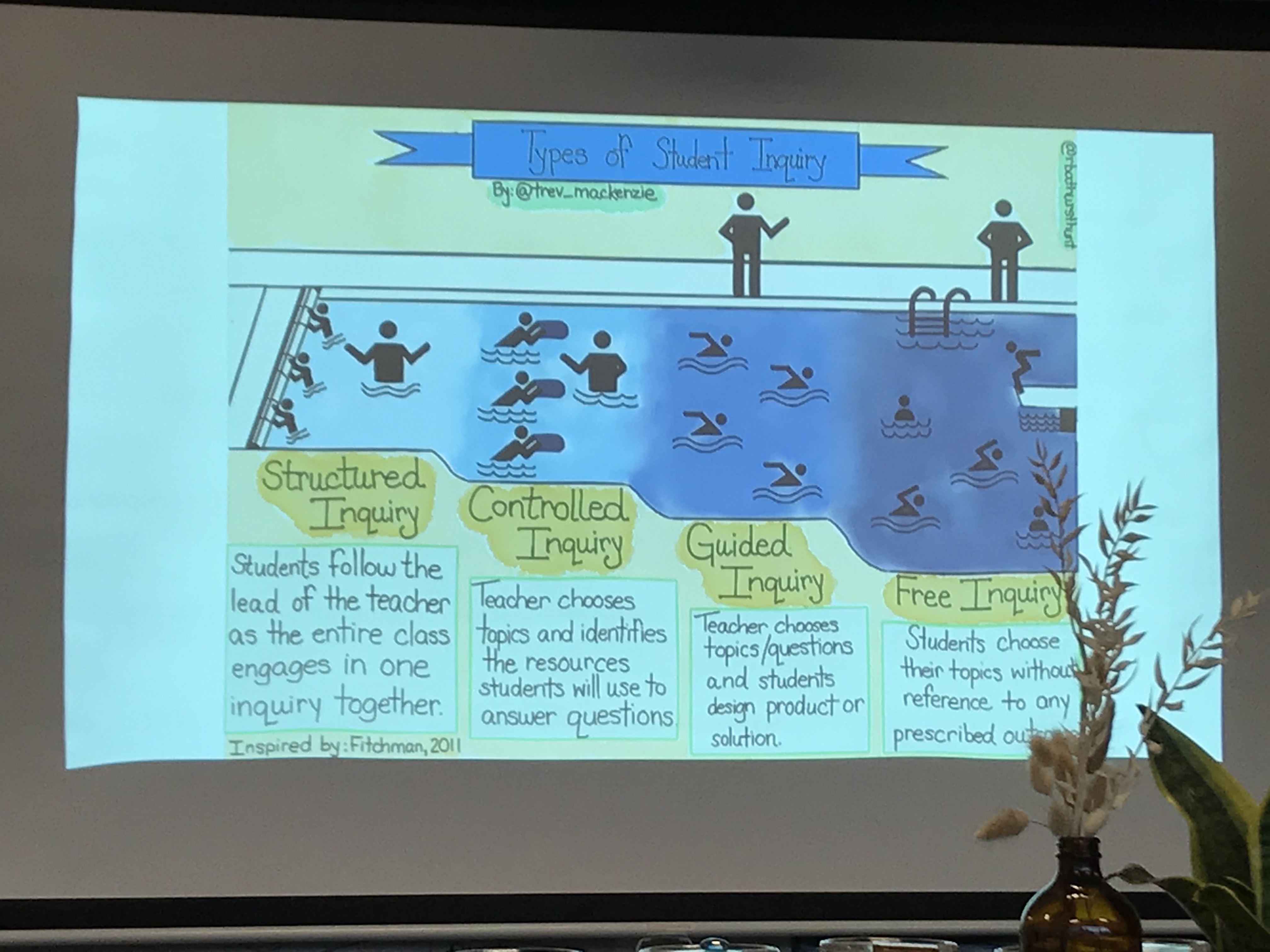
Yesterday our class was given the opportunity to visit Kindergarten teacher Rebecca Bathurst-Hunt at George Jay Elementary, where she has taught for 6 years. Mrs. Bathurst Hunt’s teaching philosophy is based around inquiry-based learning. She encourages her students to uncover what’s important to them by asking questions, and using tools and strategies that allow them to follow their passions. Because her students are Kindergarten-aged, she uses a very guided, scaffolded approach to inquiry-based learning. Rebecca stresses the importance of creating conditions that support questions and curiosity (humans are innately curious). She uses various materials and stations (such as the Wonder-wall) around her classroom, and books like Ada Twist Scientist to create these conditions, as without this curiosity, inquiry-based learning is very hard! Another thing she does is begin lessons/assessments/one-on-one check-ins with questions. For example, with a math lesson she might ask “If you walk outside, what patterns would you see?” She took us through the various types of inquiries, and expelled the myth that inquiry necessarily means that students have to pose all questions (as with a free inquiry). She uses a gradual release approach, which starts with a very structured inquiry and progresses to give students more freedom – but only when they’re ready. She has only progressed to the free inquiry stage once in her 6 years at George Jay, spending most of her time in the “shallow” end of the pool (see pic above). This is because, without a strong base of literacy skills, it is hard to inquire freely. That said, a structured inquiry can still be very powerful. As for starter inquiry questions, she suggests questions like “Who am I?” or “Why am I me?” that are posed in a circular, rather than linear, sense (i.e. identify names, families, traditions, lands, etc.). After that, ways to honour questions include tactics called provocations – Wonder-walls, stations around the room, walking field trip, artifacts students bring in. She also explained that there are always 3 questions in provocations: what do you see. what do you know, and what do you wonder. I thought this was a valuable field trip, and I look forward to implementing some inquiry-based learning into my classroom!
P.S. Check out the “Kindness Ninjas” movement and the book “Ordinary Mary’s Extraordinary Deeds” to explore random acts of kindness and their effects with students!
More pictures from our visit:
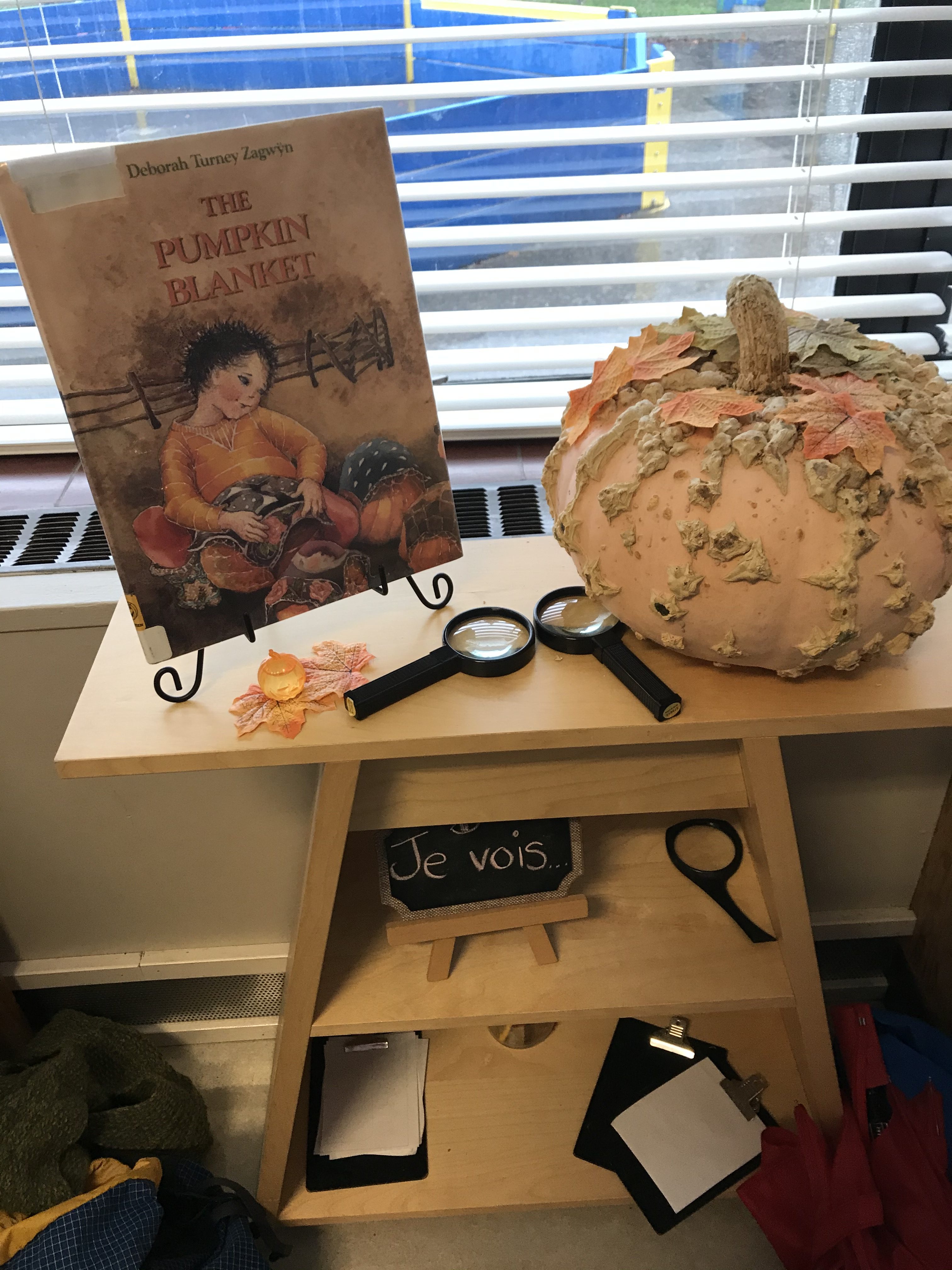
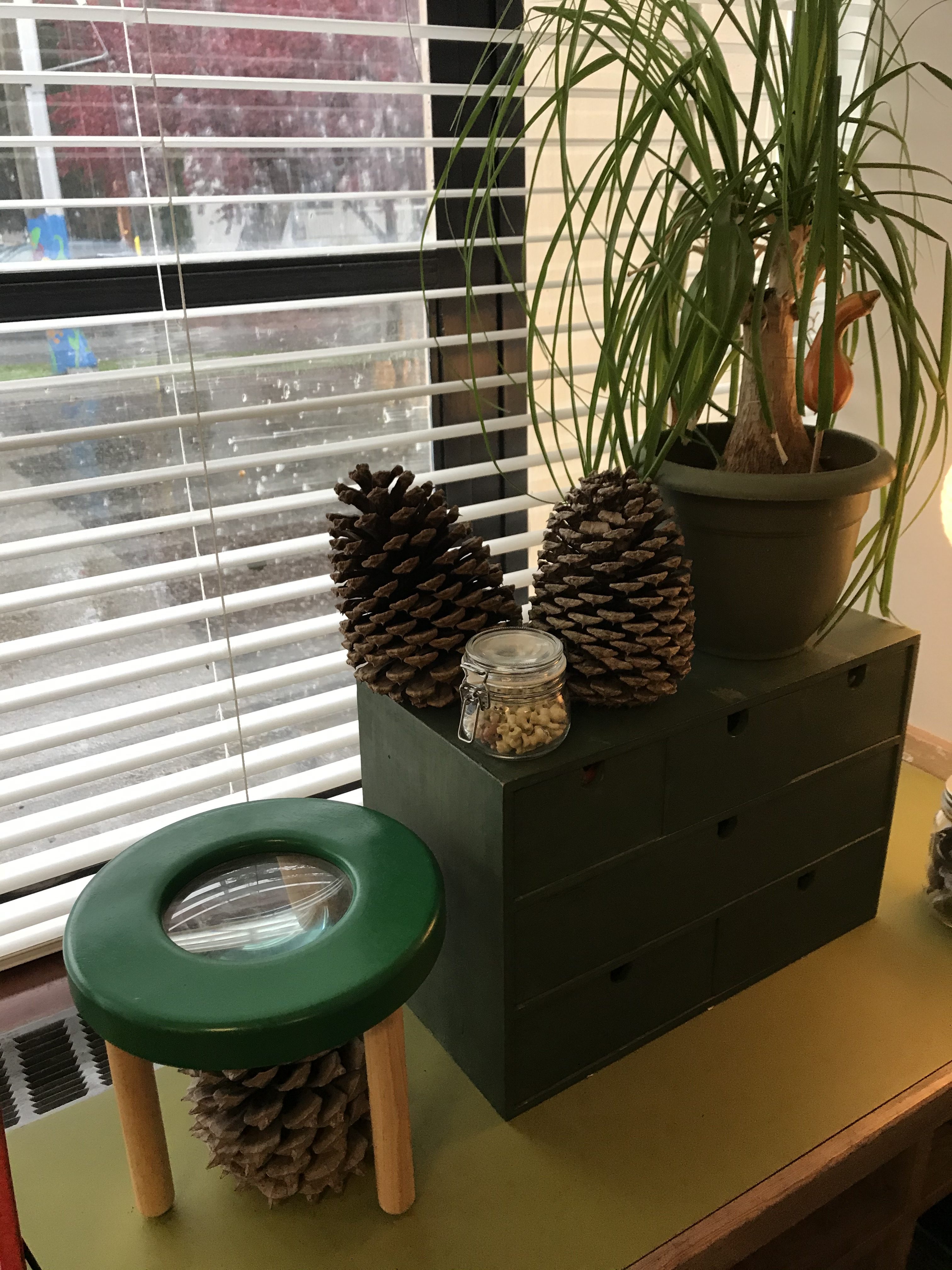
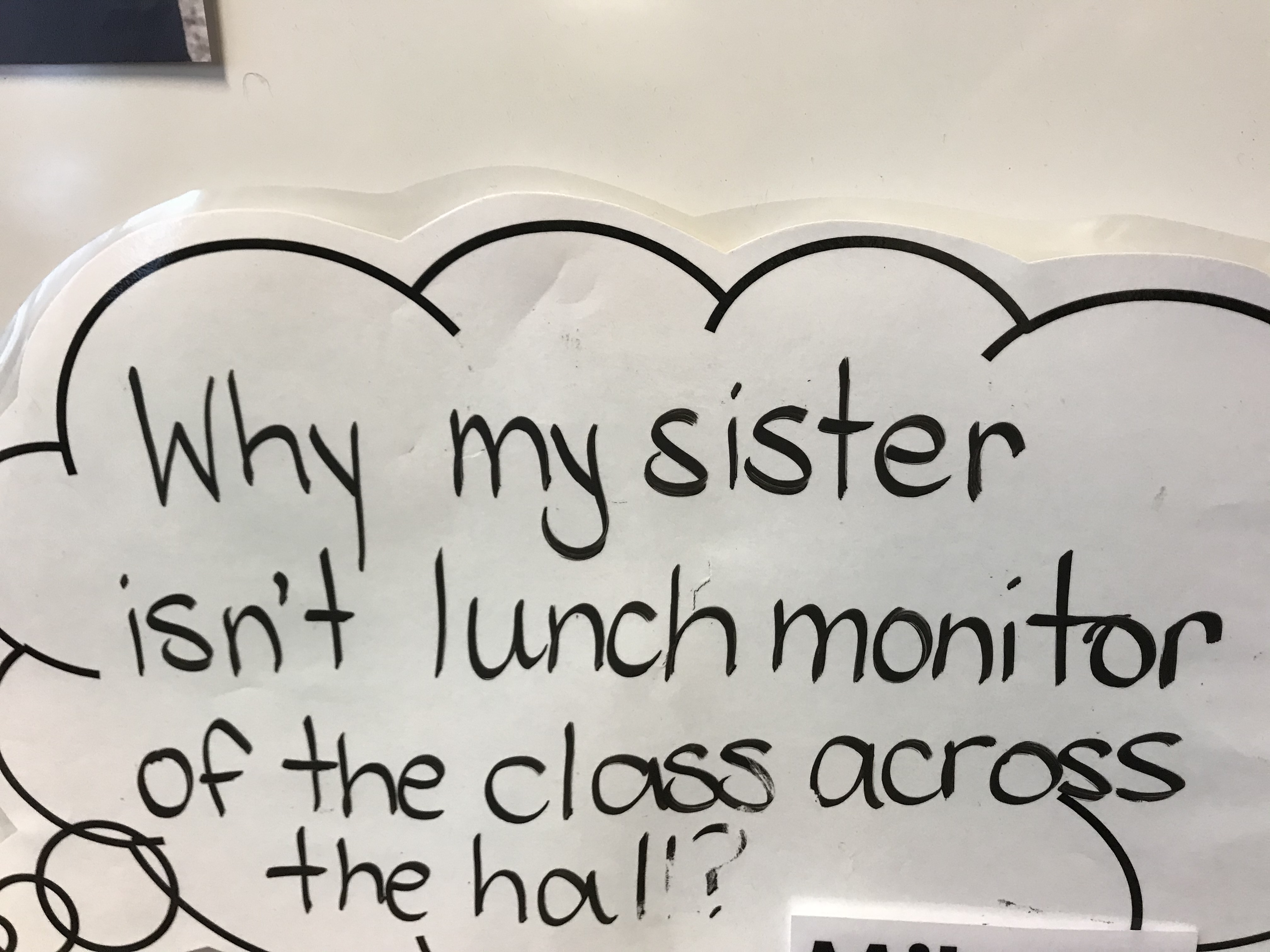
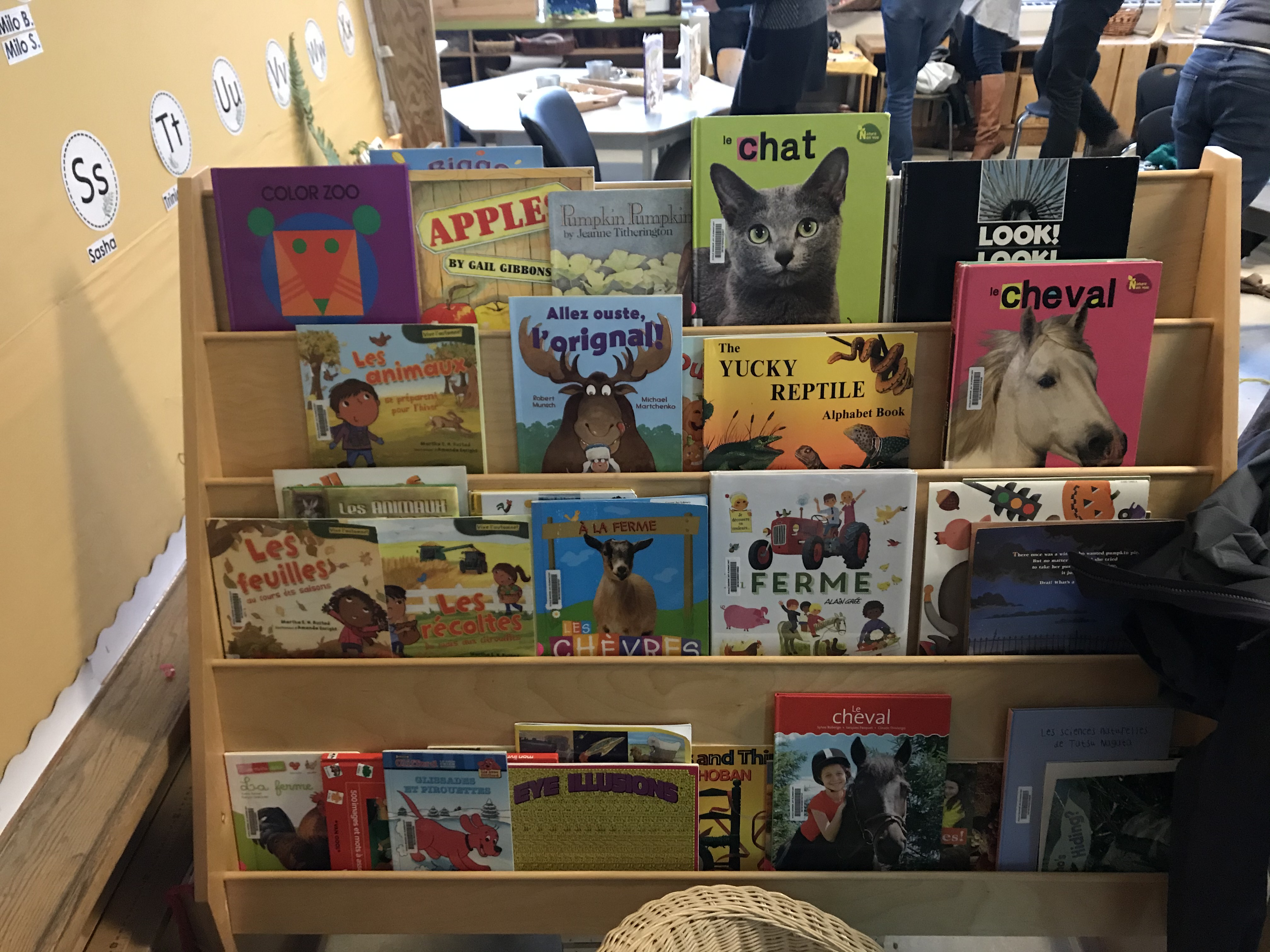
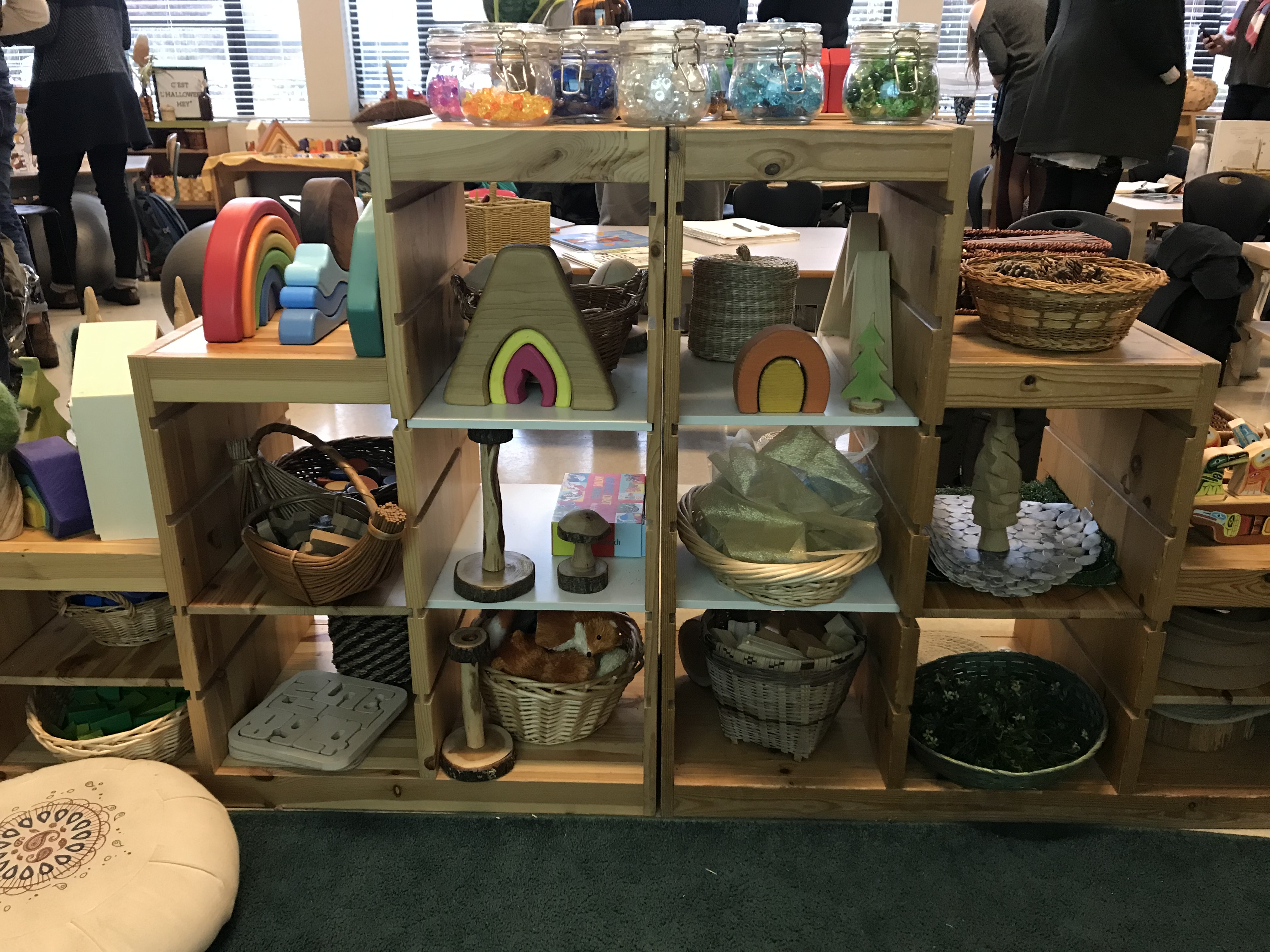
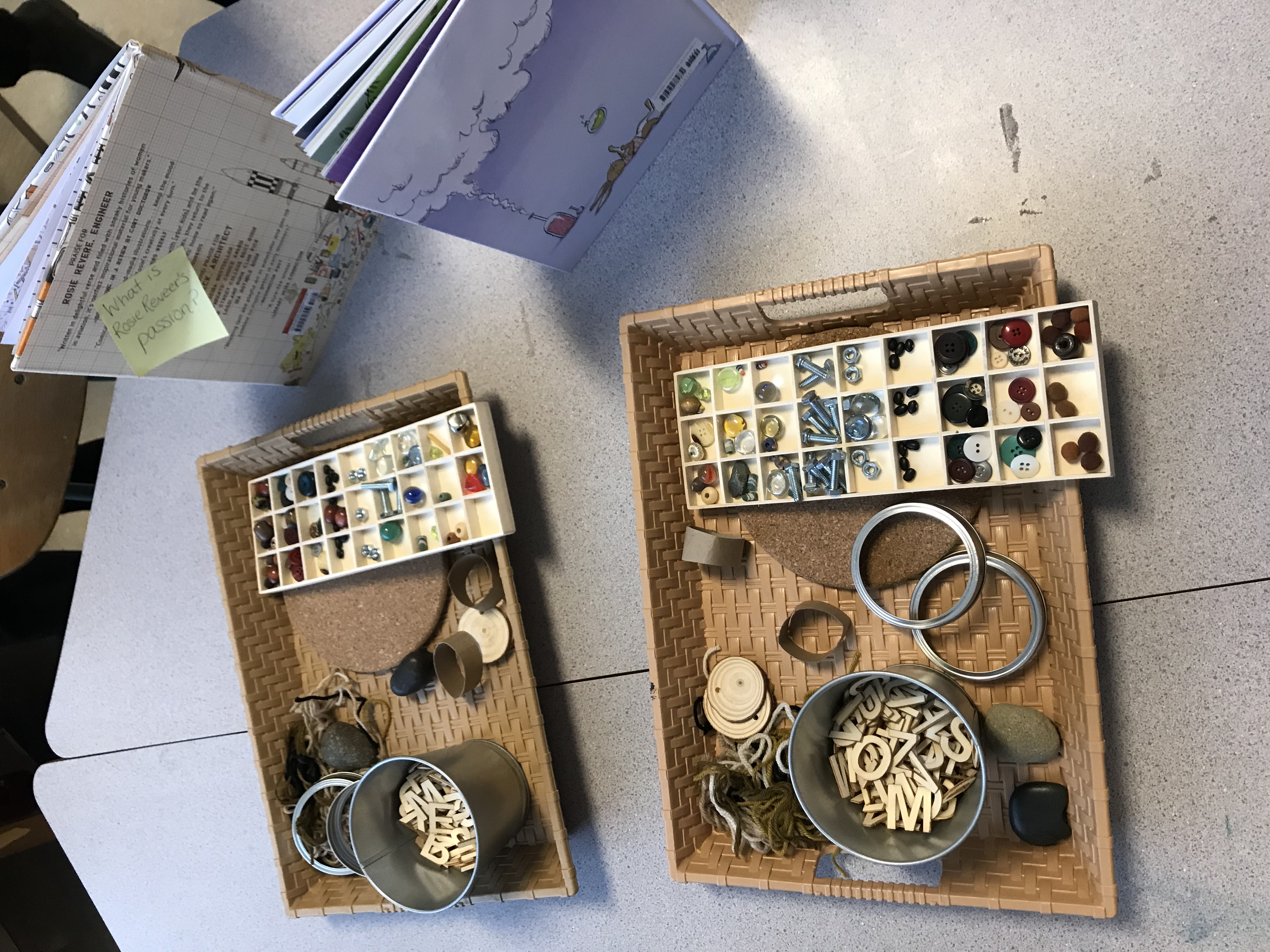
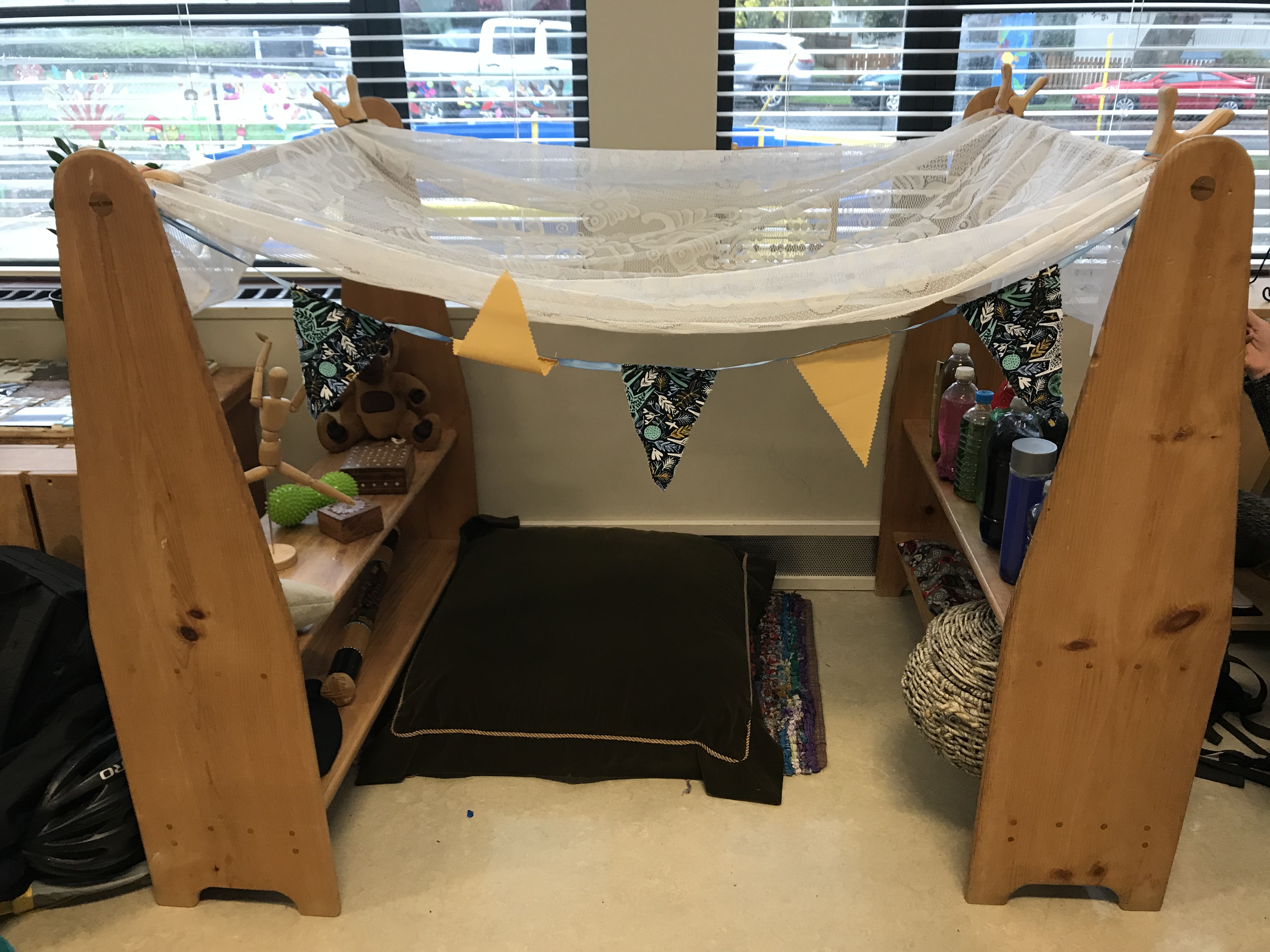
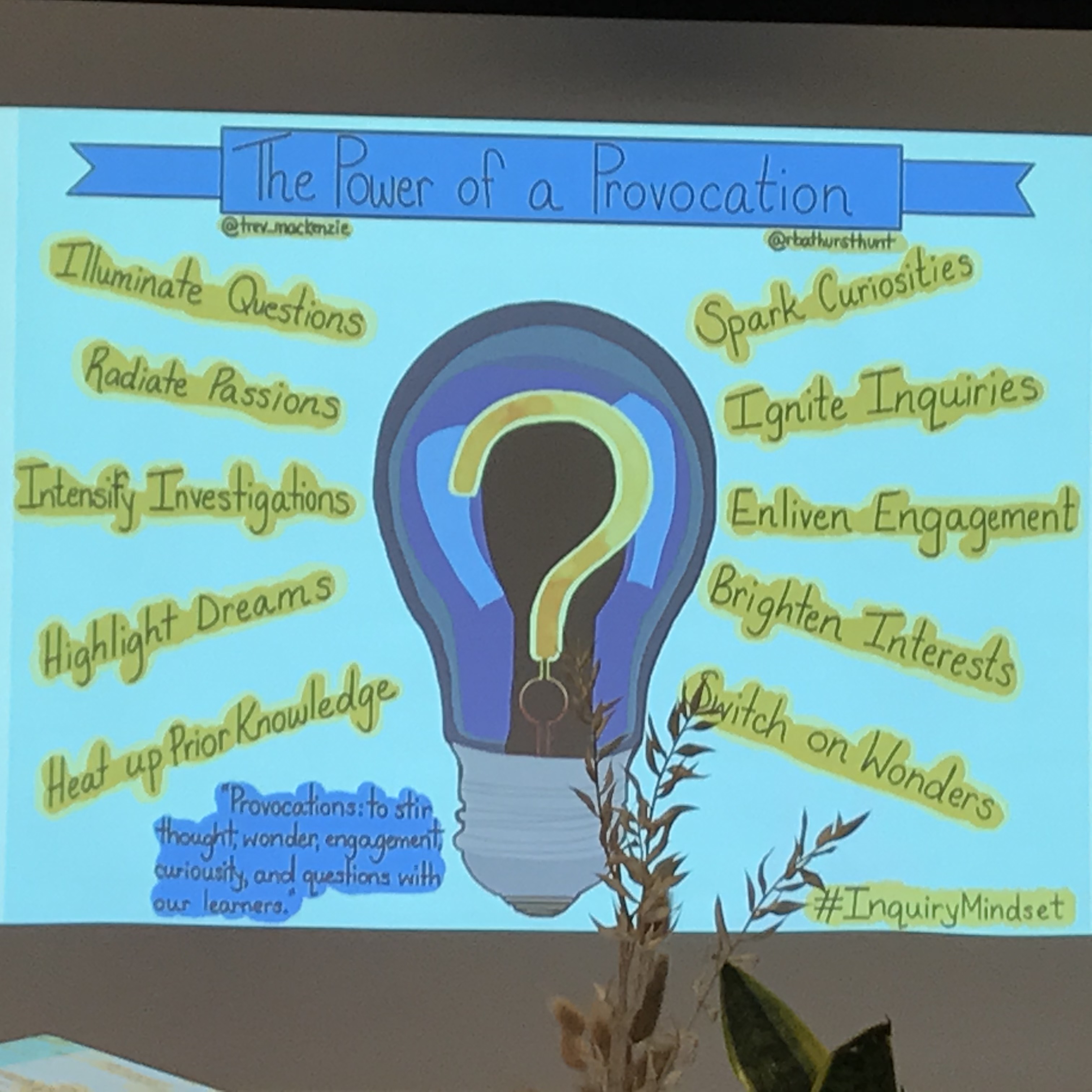
Leave a Reply